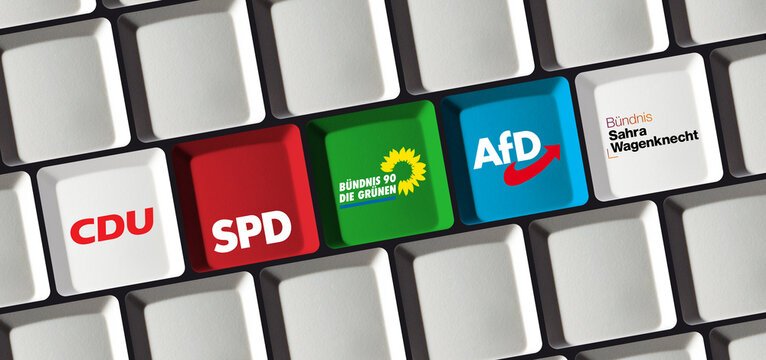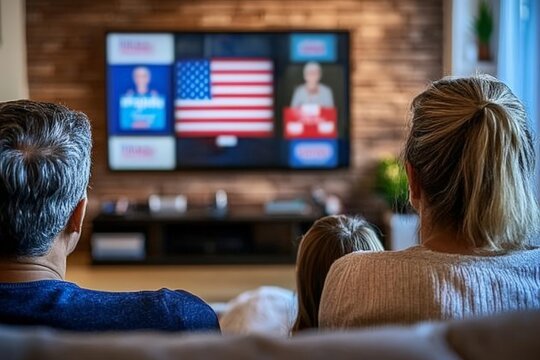The Digital Revolution in Politics
In today’s world, social media has become a powerful tool in political campaigns. Gone are the days when politicians solely relied on television, newspapers, and radio to reach voters. Now, platforms like Facebook, Twitter, Instagram, and TikTok play a major role in shaping political narratives, influencing public opinion, and mobilizing voters.
Social media has not only changed how politicians campaign but has also transformed how voters interact with candidates. From viral hashtags to real-time debates, digital platforms have revolutionized modern elections.

The Power of Social Media in Political Campaigns
Social media has reshaped politics in several ways. Here’s how:
1. Direct Communication with Voters
- Media removes the need for intermediaries like news channels.
- Politicians can directly address the public through tweets, live videos, and posts.
- Platforms like X (formerly Twitter) allow politicians to make official statements quickly.
2. Wider Reach and Engagement
- A single post can reach millions of people within minutes.
- Politicians can target specific demographics using data-driven advertising.
- Engagement tools like polls, live sessions, and Q&A formats help connect with voters directly.
3. Cost-Effective Campaigning
- Traditional political ads on TV and newspapers cost millions.
- Media ads allow targeted campaigning at a lower cost.
- Organic reach (free engagement) can sometimes be more powerful than paid ads.

The Dark Side: Misinformation and Fake News
While social media has numerous benefits, it also comes with risks. Here are some of the biggest challenges:
1. Spread of Misinformation
- Fake news spreads faster than factual information.
- Misleading content can sway public opinion and impact elections.
- Deepfake videos and AI-generated content are making it harder to verify authenticity.
2. Algorithm Bias and Echo Chambers
- Social media algorithms show users content based on their preferences.
- This creates “echo chambers” where people only see information that aligns with their beliefs.
- Political polarization increases as a result.
3. Foreign Interference and Manipulation
- Countries have been accused of using social media to influence elections.
- Fake accounts and bots spread propaganda.
- Social media companies struggle to regulate foreign interference.

Case Studies: How Social Media Shaped Major Elections
Social media has played a crucial role in major political events worldwide. Here are a few examples:
1. The 2016 U.S. Presidential Election
- Donald Trump used Twitter aggressively to connect with his supporters.
- Facebook’s Cambridge Analytica scandal exposed how voter data was misused.
- Russian trolls reportedly spread misinformation to influence voter behavior.
2. India’s 2019 General Elections
- Narendra Modi’s BJP used WhatsApp, YouTube, and Facebook for digital campaigning.
- Hashtags like #MainBhiChowkidar trended across platforms.
- Misinformation and fake news also spread widely.
3. Brexit Referendum (2016)
- Pro-Brexit campaigns relied on targeted Facebook ads.
- Many claims made on social media were later proven to be false.
- The role of data analytics in influencing voter decisions was exposed.
Social Media Strategies Used by Politicians
Politicians use various tactics to maximize their social media presence. Some key strategies include:
1. Hashtag Campaigns
- Politicians create catchy hashtags to spread their message.
- Examples: #MakeAmericaGreatAgain, #YesWeCan, #MainBhiChowkidar.
2. Live Videos and Direct Engagement
- Facebook Live and Instagram Live allow real-time interaction with voters.
- Politicians use live streams for debates, Q&A sessions, and behind-the-scenes content.
3. Memes and Viral Content
- Relatable memes help politicians connect with younger voters.
- Short-form videos on TikTok and Instagram Reels make political messages engaging.
4. Data-Driven Advertising
- Platforms allow micro-targeting based on age, location, and interests.
- Political campaigns use data analytics to craft personalized messages.

The Role of Social Media Companies
Tech giants like Facebook, Twitter, and Google have a significant impact on political campaigns. They:
- Moderate content to prevent misinformation.
- Implement policies to control political advertising.
- Ban accounts involved in spreading hate speech or fake news.
However, critics argue that these platforms do not do enough to regulate harmful content and are often biased in their moderation policies.
Future of Social Media in Politics
The influence of social media on politics will only grow in the coming years. Here’s what to expect:
1. More Regulation and Transparency
- Governments will impose stricter rules on political ads.
- Platforms will need to be more transparent about how they moderate content.
2. Increased Use of AI and Big Data
- Political campaigns will rely more on artificial intelligence for voter analysis.
- AI-powered bots may become a bigger challenge in spreading misinformation.
3. Rise of New Platforms
- TikTok, Telegram, and other emerging platforms will play a bigger role.
- Politicians will adapt their strategies to target younger audiences.
Conclusion: The Double-Edged Sword of Social Media
Social media is a game-changer in modern politics. It allows direct communication, wider reach, and cost-effective campaigning. However, it also poses serious risks like misinformation, manipulation, and polarization. As technology evolves, politicians, voters, and social media companies must work together to ensure fair and transparent elections.






